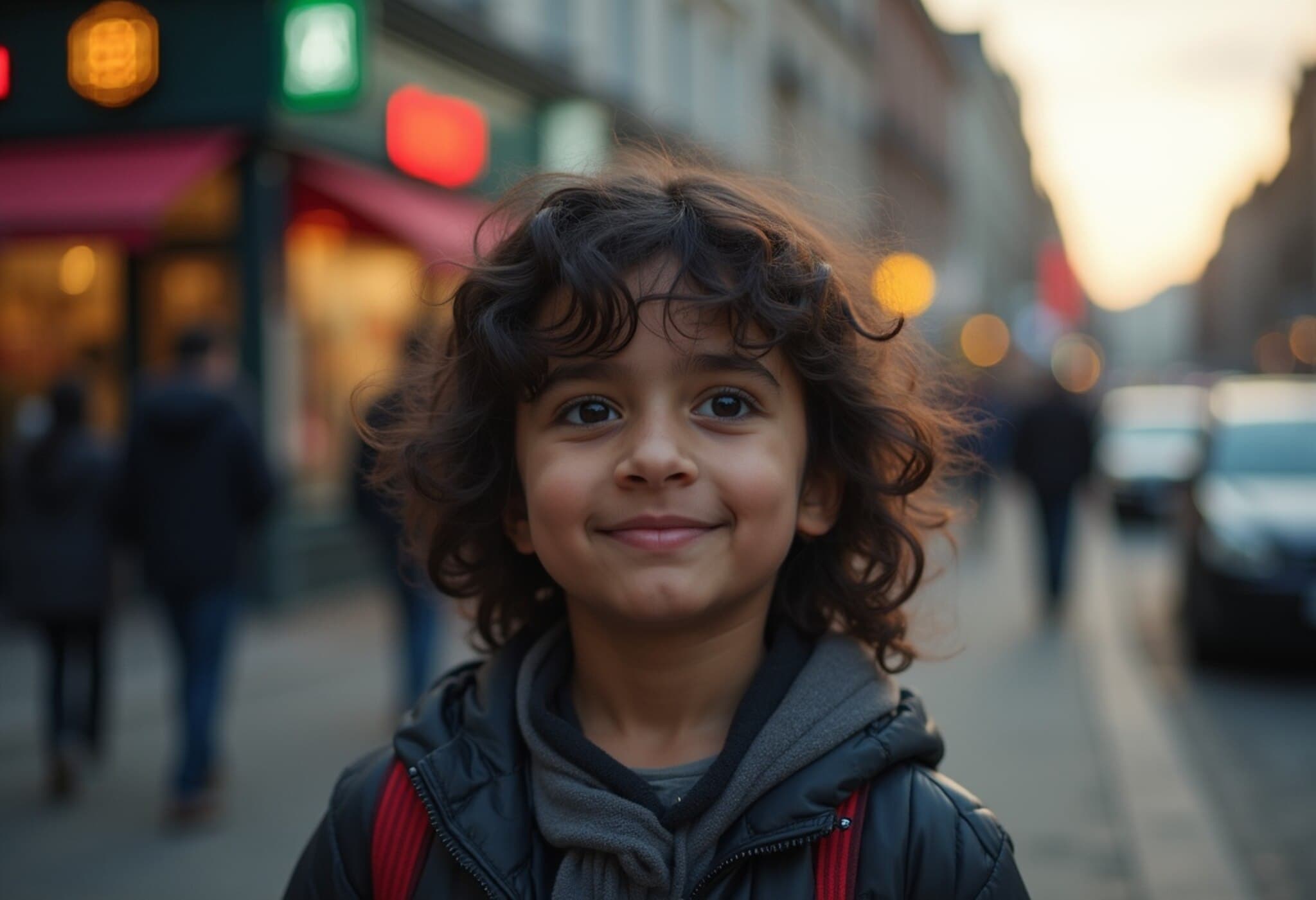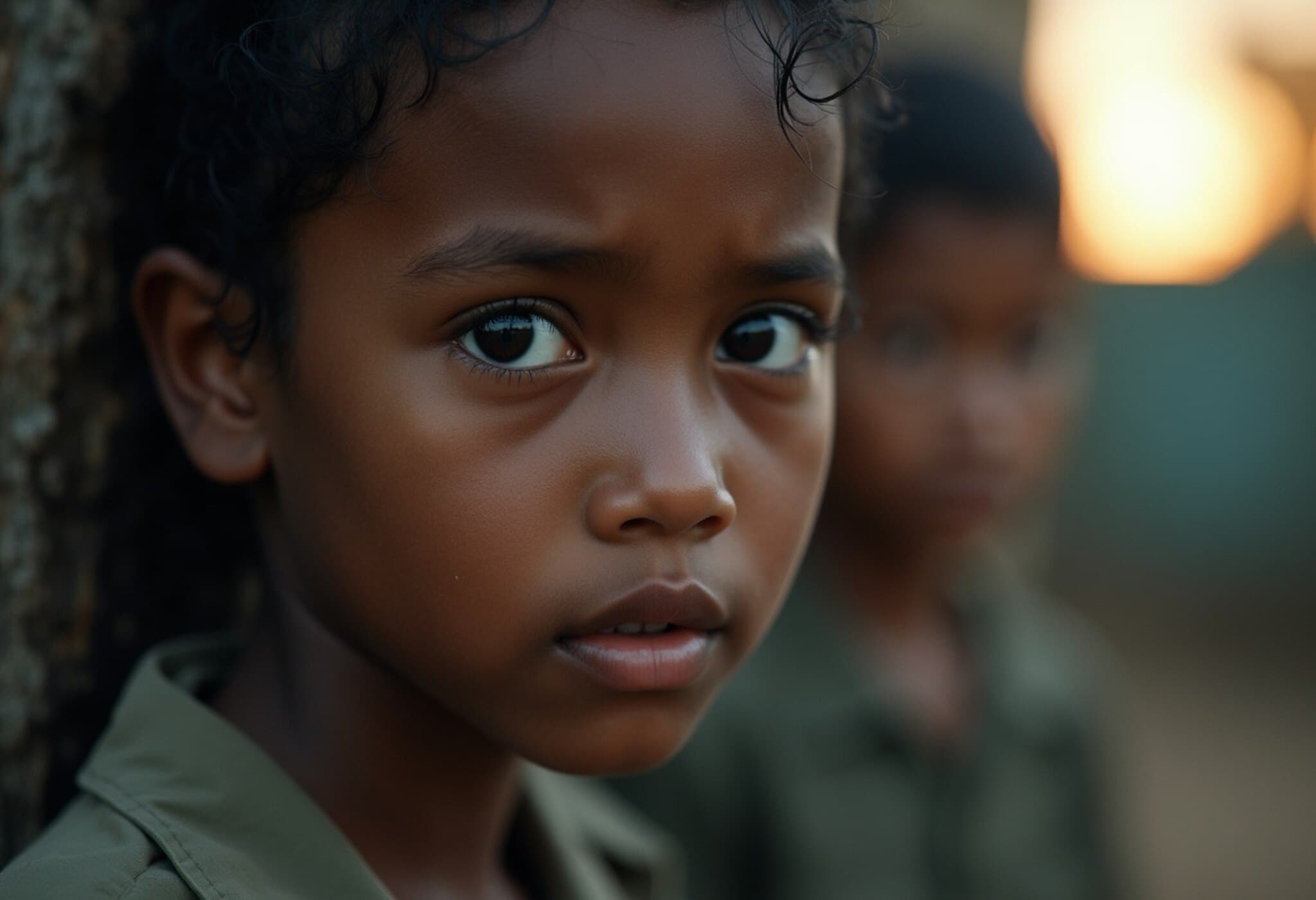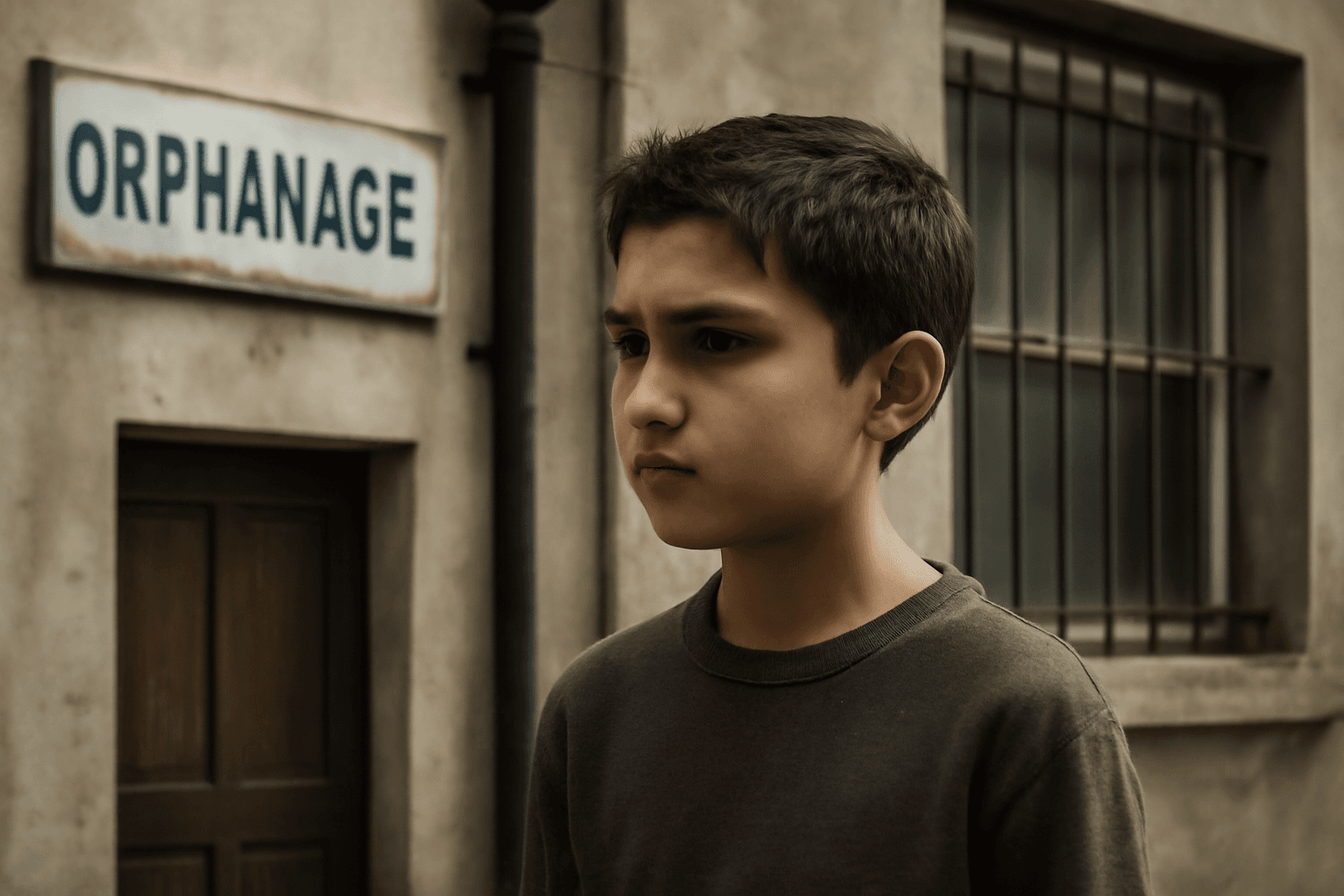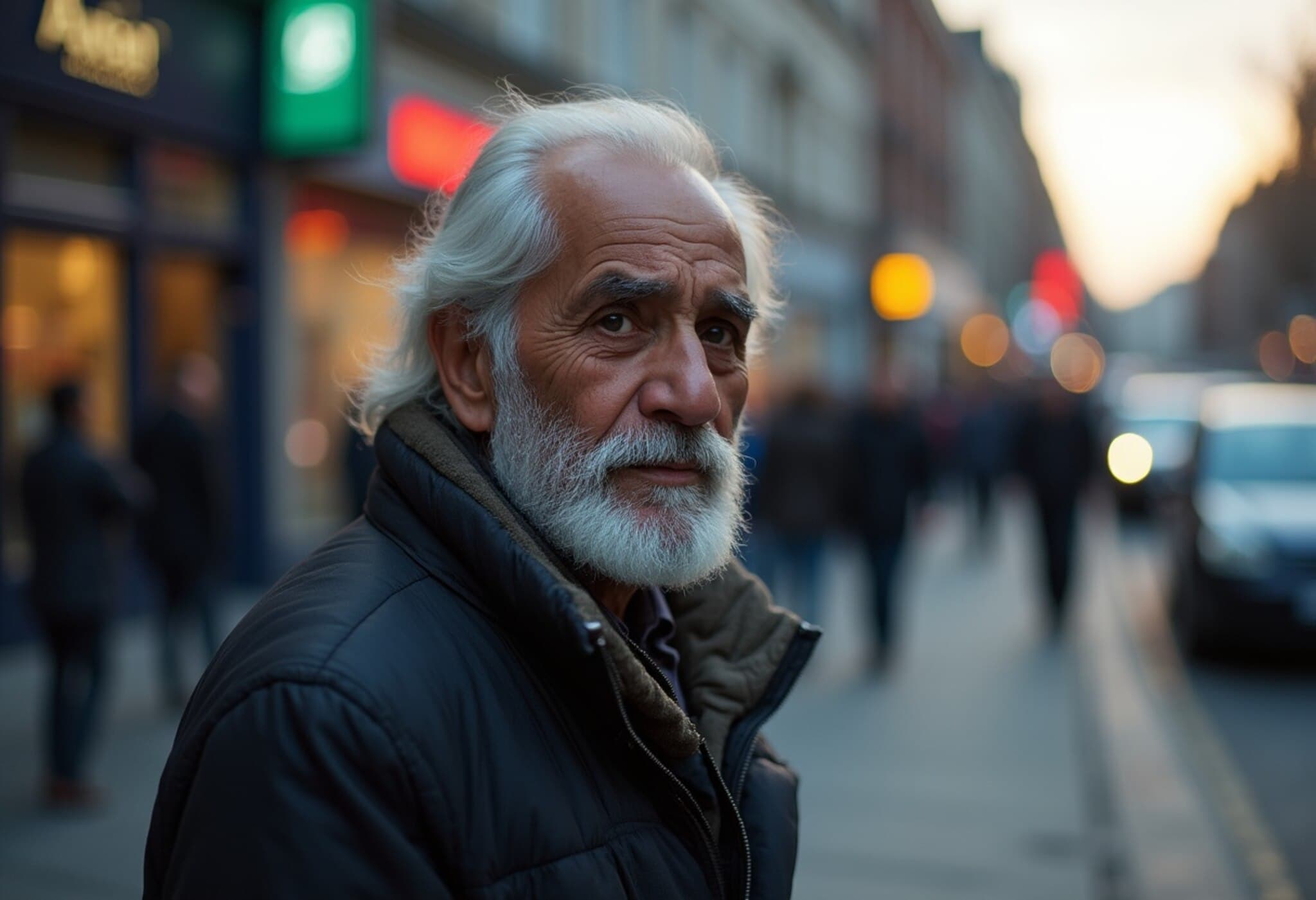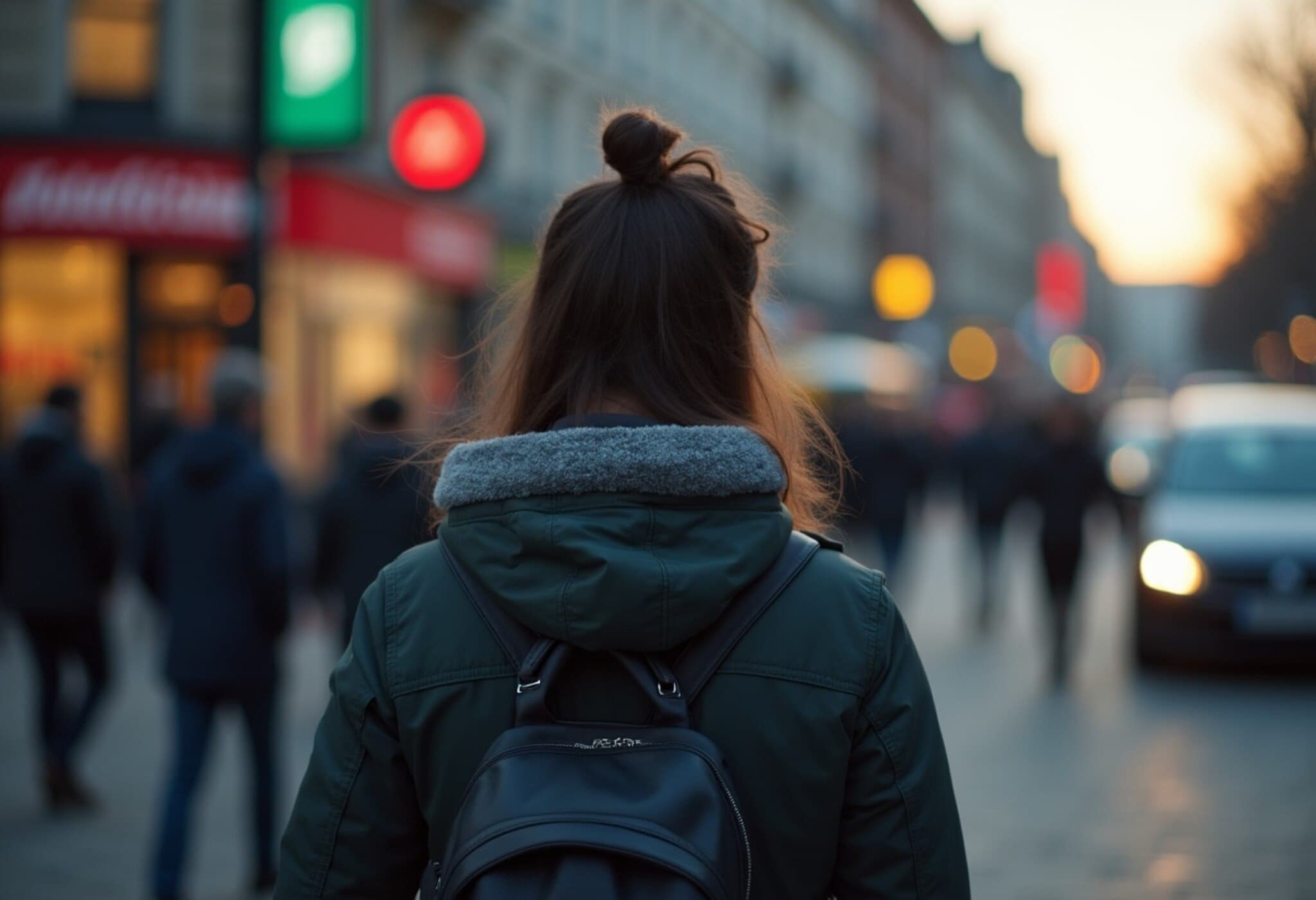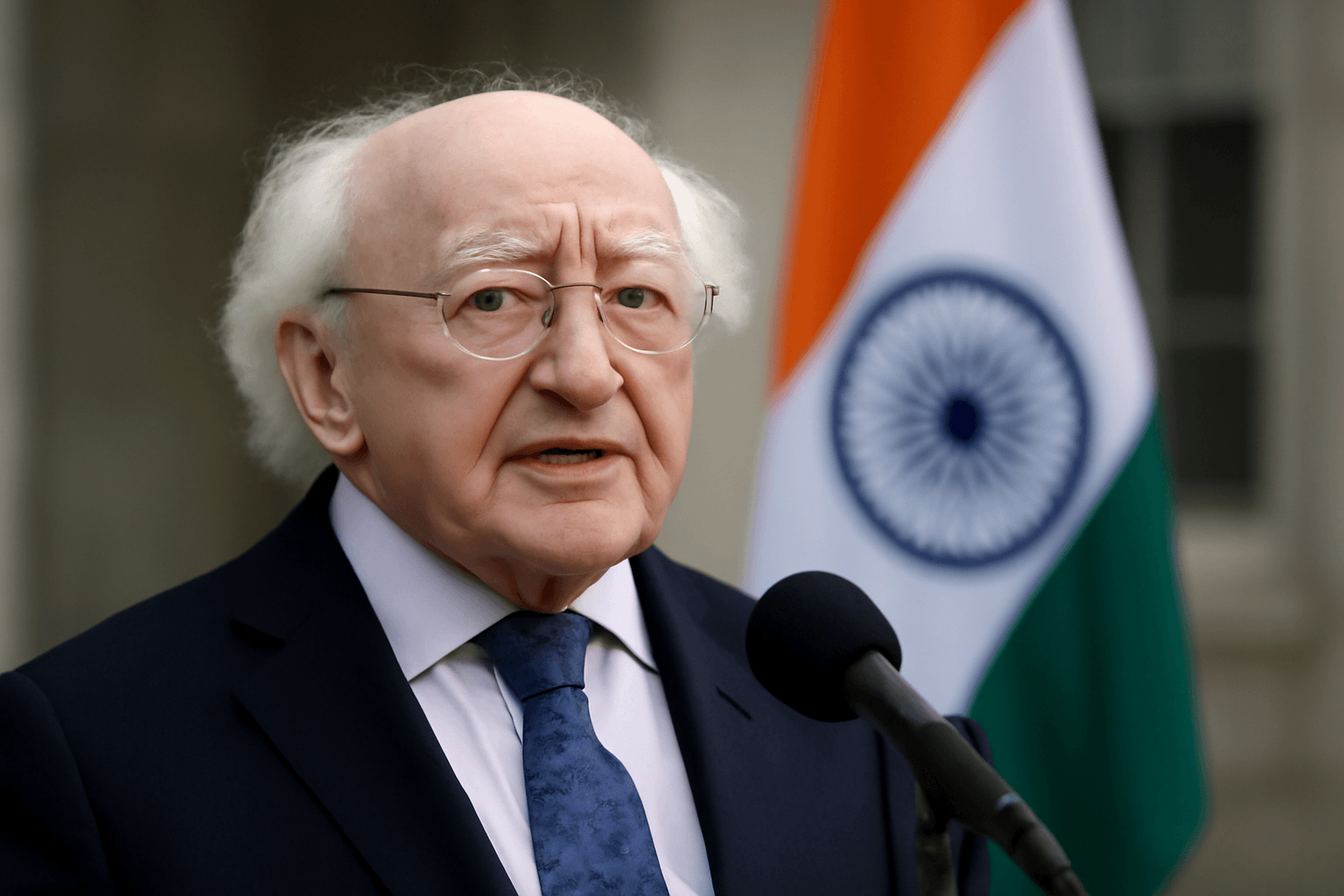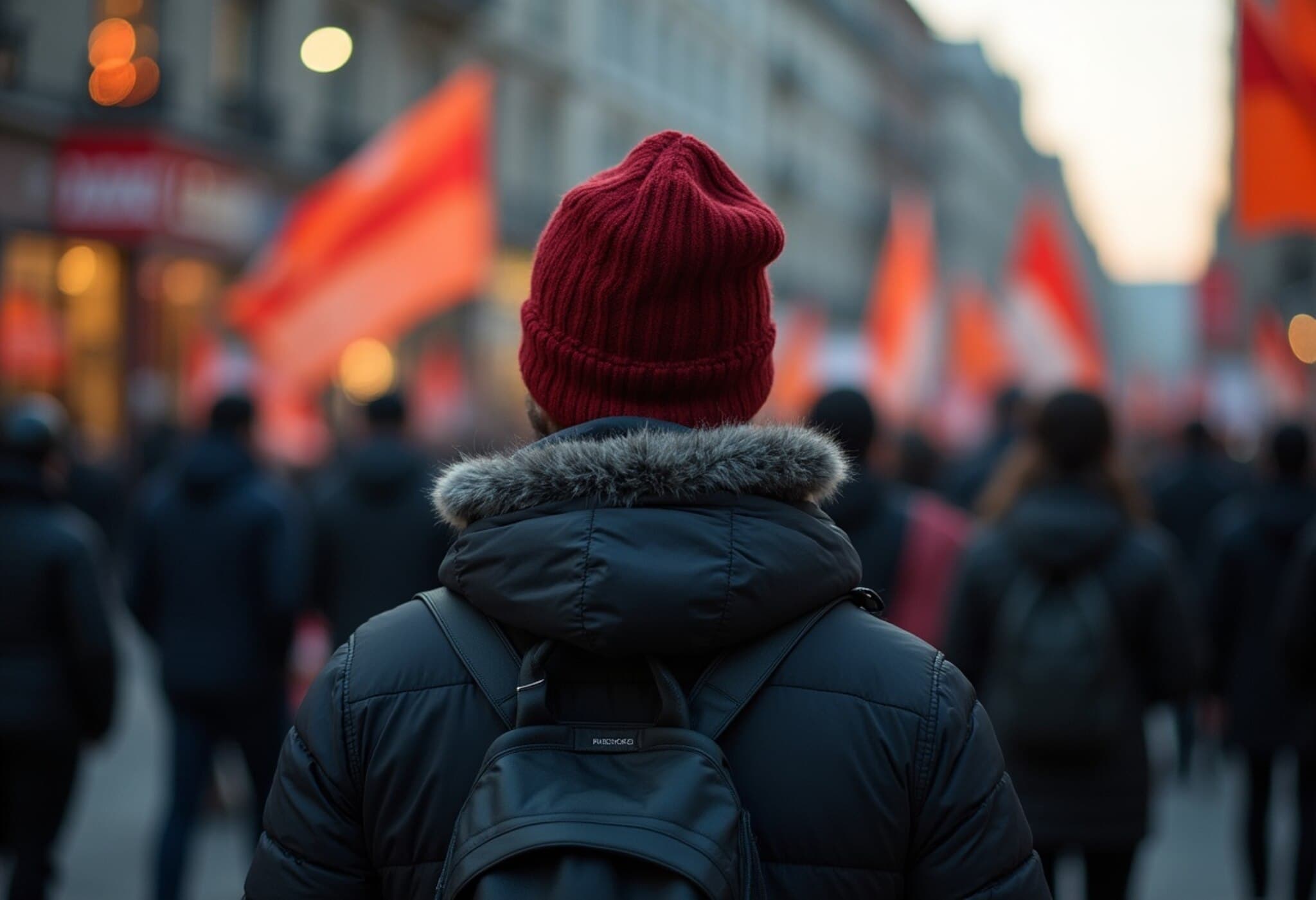Growing Concerns Over Racist Attacks on Indian-Origin Residents in Ireland
In recent weeks, Ireland has witnessed a troubling surge in racially motivated assaults targeting its Indian-origin populace. The latest distressing incidents include a brutal attack on a six-year-old Indian-origin girl in Waterford City and an assault on an Indian sous chef in Dublin, both highlighting the escalating wave of xenophobia and racism confronting Indian nationals and Irish residents of Indian descent.
Harrowing Attack on a Six-Year-Old Girl in Waterford City
On the evening of Monday, August 4, a six-year-old girl, born and raised in Ireland to parents originally from Kottayam, Kerala, was viciously attacked by a group of teenagers while playing outside her home in the Kilbarry area of Waterford City. Eyewitness accounts reveal a gang composed of five boys, aged between 12 and 14, alongside an eight-year-old girl, hurled racial slurs, calling her a "dirty Indian" and demanding she "go back to India." Shockingly, the assault escalated physically — she was punched in the face, struck in sensitive areas with a bicycle, punched in the neck, and had her hair twisted. The young victim returned home in tears, now too frightened to play outdoors.
The child’s mother — who has worked as a nurse in Ireland for eight years and recently obtained Irish citizenship along with her husband — expressed profound anguish. "I never imagined such cruelty would target my daughter right outside our home," she confided. "Despite my dedication to nursing and contributing professionally, my family faces hostility. We came to Ireland as skilled professionals, yet still, my children aren’t safe from hate." She holds a BSc Nursing degree from the University of Calicut and attended Mount Carmel Higher Secondary School in Kottayam.
Assault on Indian Sous Chef in Dublin Highlights Ongoing Safety Concerns
Only days later, on Wednesday morning, Laxman Das, a sous chef from Kolkata employed at the Anantara The Marker Dublin Hotel, was attacked near the Hilton Hotel in Dublin by three assailants during his commute to work. Victimized by theft and violence, Mr. Das was hospitalized at St Vincent's University Hospital after the incident, which involved the robbery of his phone, cash, and electric bike. The incident amplifies concerns over the personal safety of Indian expatriates living and working across Ireland’s urban centers.
Wider Pattern of Attacks Stir Public Outcry and Demand for Action
These incidents come amid a distressing series of racially charged attacks on Indians in Ireland, with reported assaults on July 19, 24, 27, and August 1, including a shocking mugging of an Indian taxi driver. The Gardaí (Irish police) have confirmed open investigations into these episodes, though no arrests have yet been made, prompting calls for swifter interventions.
Contextual Insights: The Underreported Struggles of Indian Immigrants
Ireland’s growing Indian community — bolstered by skilled immigrants filling labor shortages in healthcare, hospitality, and technology sectors — plays an integral role in the nation’s economy. Yet, the rise in xenophobic violence threatens not only individual safety but also the social cohesion essential for Ireland’s multicultural future.
Experts warn that such attacks, particularly when involving children, signal deeper societal fractures and underscore the urgent need for comprehensive anti-racism education, community engagement programs, and robust legal protections. Additionally, there is a pressing policy imperative for Irish authorities to enhance community policing and ensure immigrant voices are represented in dialogues about integration and security.
Community Responses and the Road Ahead
- Increased Support Networks: Indian associations and local charities are mobilizing to provide support services for victims and awareness campaigns to combat xenophobia.
- Government Action: Calls are mounting for the Irish government to implement stricter hate crime legislation and expedite investigation processes.
- Educational Initiatives: Schools and community centers are encouraged to foster intercultural understanding from a young age.
As Ireland grapples with these distressing events, the narratives of victims like the little girl from Kottayam and hardworking professionals such as Mr. Das serve as poignant reminders of the human cost behind statistics. Their stories compel both policymakers and society at large to confront the realities of racism and to champion a safer, more inclusive Ireland.
Editor's Note
These recent assaults not only spotlight the challenges faced by Indian-origin residents in Ireland but raise larger questions about integration and social solidarity in increasingly diverse societies. How can Ireland ensure its commitment to equality and justice translates into tangible protection for all its citizens? And what role should broader civil society play in dismantling xenophobia at its roots? As these incidents unfold, continuous vigilance, empathetic policy-making, and community-driven change remain crucial.

